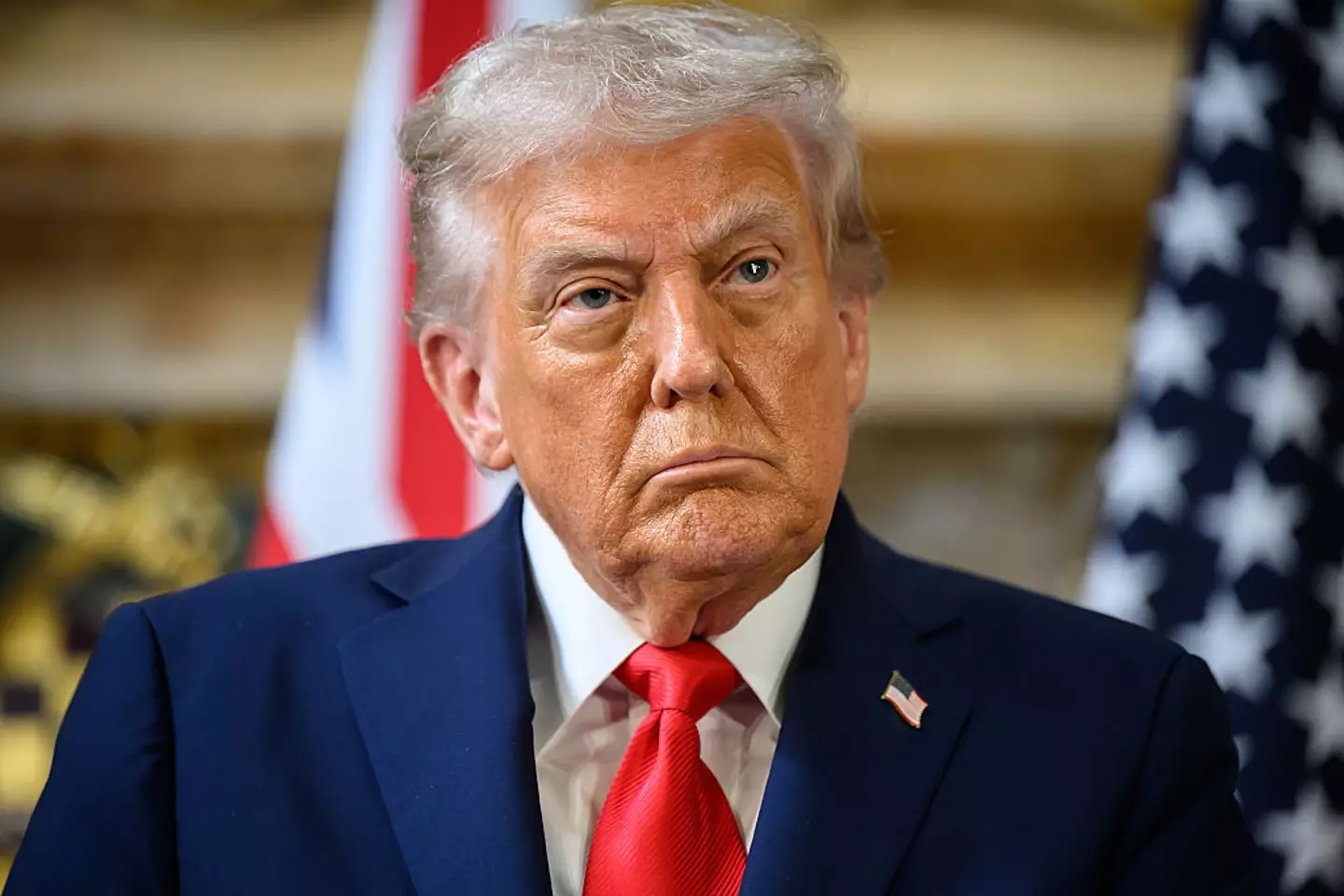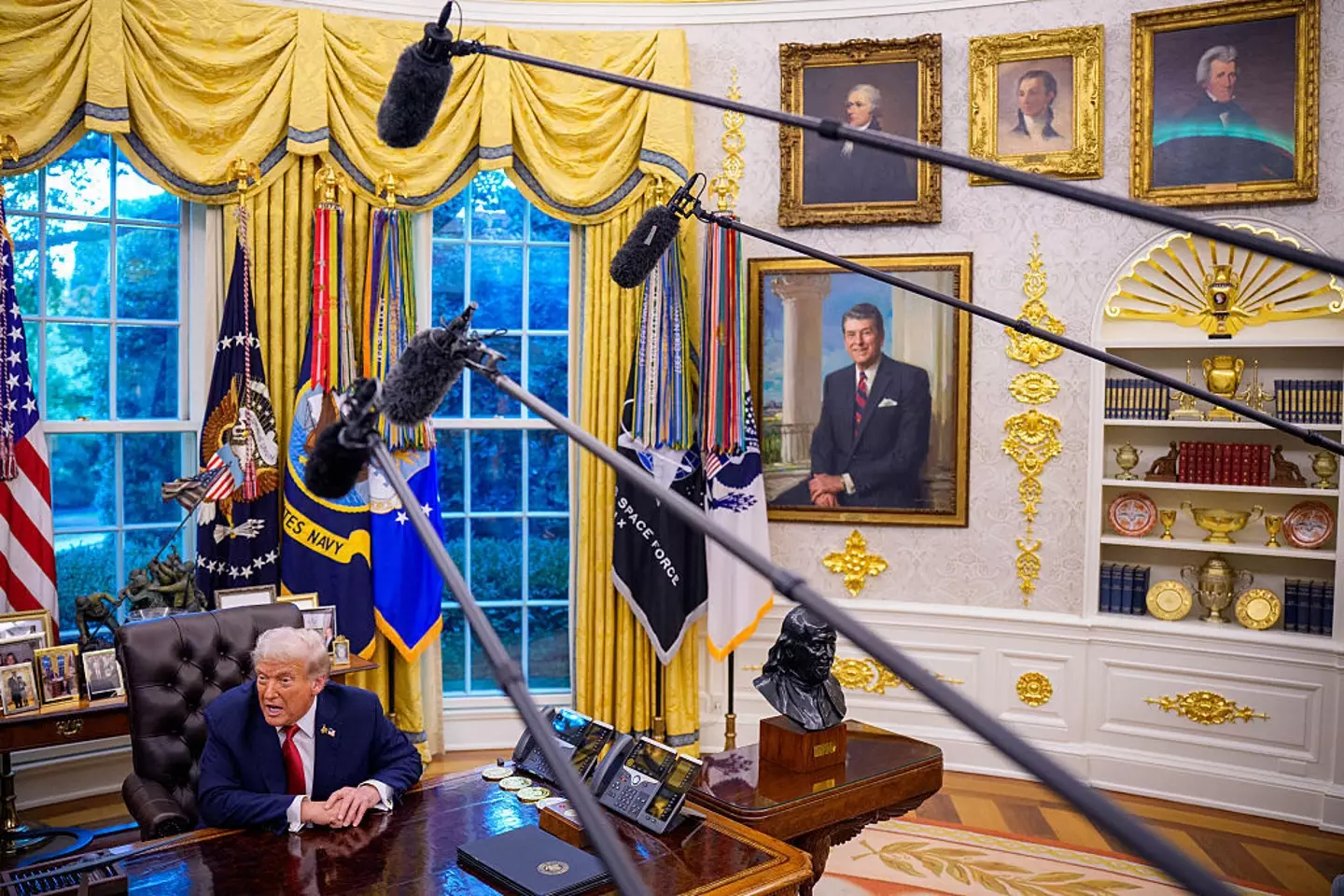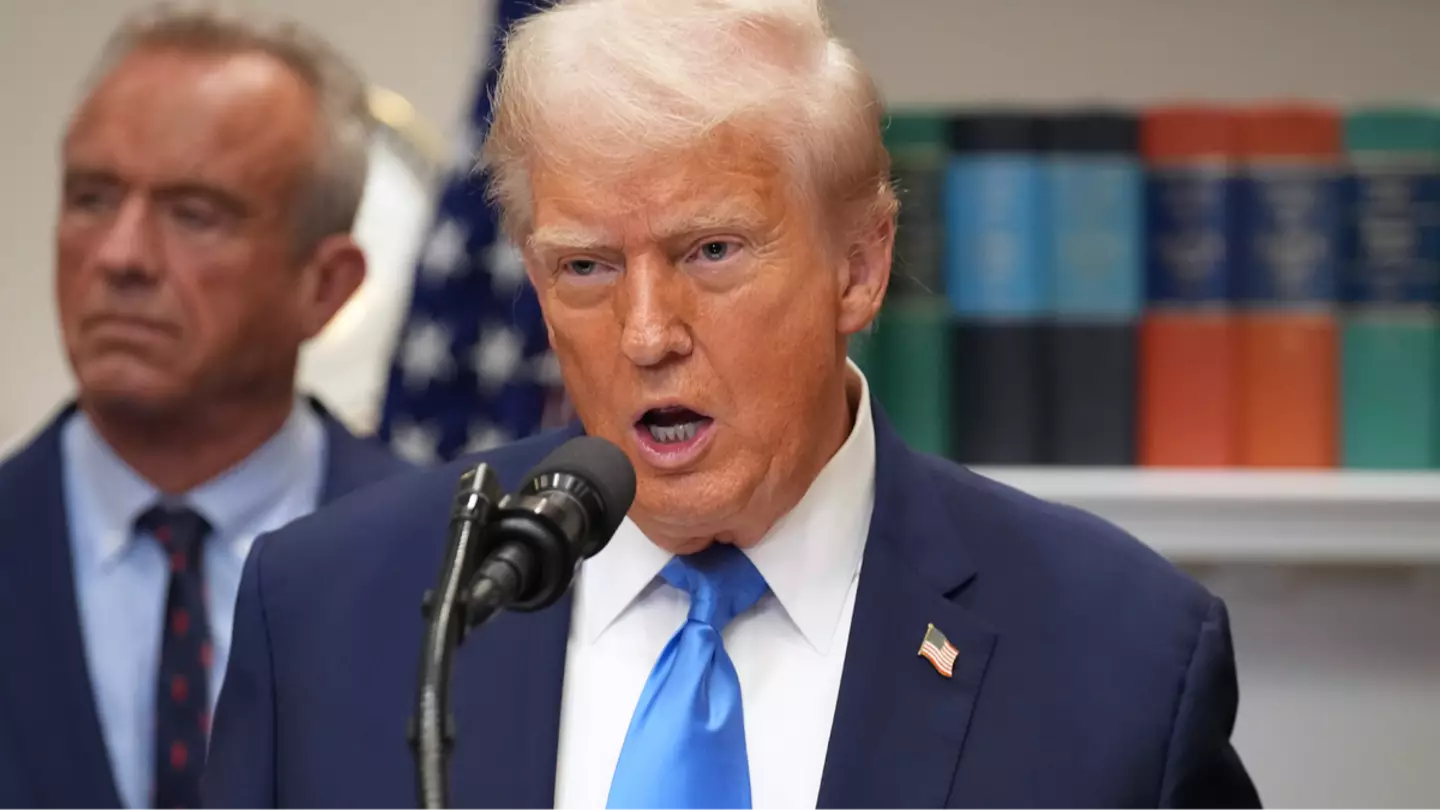The United States is facing a potential government shutdown next week if a resolution isn’t reached soon.
The political stalemate arises because Republican and Democratic lawmakers have not come to an agreement on a plan to finance the federal government beyond September 30, the date when the current funding expires.
The budget, which is essential for funding numerous US Federal Government agencies that rely on Congress-approved annual funding, has not been finalized.
The House of Representatives, consisting of both Republicans and one Democrat, passed a temporary measure to keep the government operational until November 20. However, Senate Democrats rejected this bill, leaving Congress without a viable path forward.
Each year, federal agencies must submit funding requests, which Congress must approve before the president signs the budget for the new fiscal year starting October 1.
Instead, a proposal emerged to reinstate healthcare funding after previous cuts to Medicaid were made following Trump’s ‘One, Big Beautiful Bill’ in July.

The bill failed in the Senate because passing significant legislation there often requires around 60 votes. With only 53 Republican senators, bipartisan support is necessary to approve any government funding bill.
As both sides are at a standstill over the budget, a shutdown seems inevitable unless an agreement is reached soon.
Currently, Republicans have put forth a proposal to maintain government funding at current levels until November 21, along with a request for increased security for lawmakers following the assassination of Charlie Kirk.
Democrats, on the other hand, have proposed funding the government through October 31, seeking to reverse Medicaid cuts and prolong subsidies supporting the Affordable Care Act.
President Trump remarked to reporters, “If it has to shut down, it’ll have to shut down,” attributing the deadlock to Democratic opposition.
Describing the Democratic proposal as “unserious and ridiculous,” Trump is reported by the BBC to have canceled a planned meeting with Democratic leaders Chuck Schumer and Hakeem Jeffries, stating online: “I have decided that no meeting with their Congressional Leaders could possibly be productive.”
With the budget deadline approaching, federal employees face the possibility of working without pay or even being laid off if a shutdown occurs.

In the event of a shutdown, national parks and museums might close, and other government services could be temporarily halted. Programs funded through ‘mandatory spending’ like Social Security, Medicare, and Medicaid would likely continue.
Reports from US media suggest the White House has issued a memo directing agencies to prepare for potential mass layoffs if Congress fails to prevent a shutdown by next week.
The memo from the Office of Budget and Management instructs all federal agencies to draft a ‘reduction in force’ plan for any program needing funding if Congress does not meet the September 30 deadline.
The memo reportedly expresses hope that Democrats in Congress will not cause a shutdown, making these measures unnecessary.
However, it warns that employees could be terminated from projects lacking alternative funding sources, particularly if they do not align with the President’s priorities.
Democrats have criticized this as an intimidation tactic.
“Donald Trump has been firing federal workers since day one – not to govern, but to scare,” stated Chuck Schumer, the Democratic Senate minority leader, according to Business Insider. “This is nothing new and has nothing to do with funding the government.”

